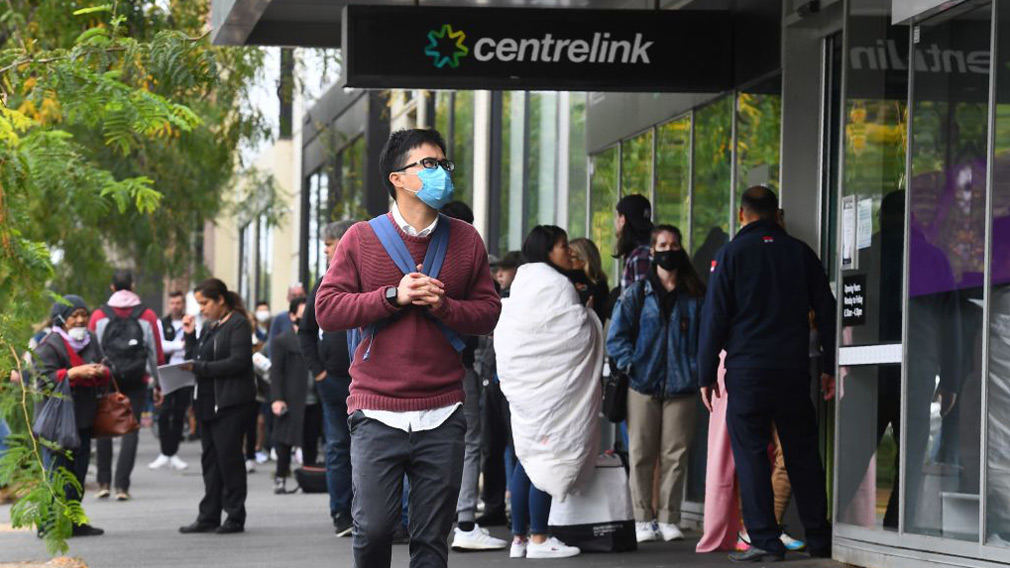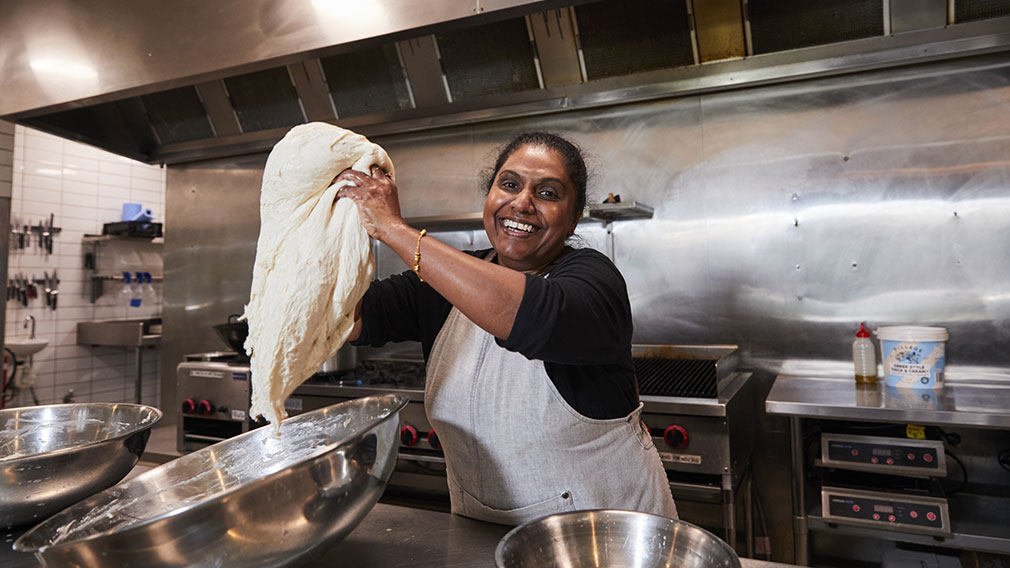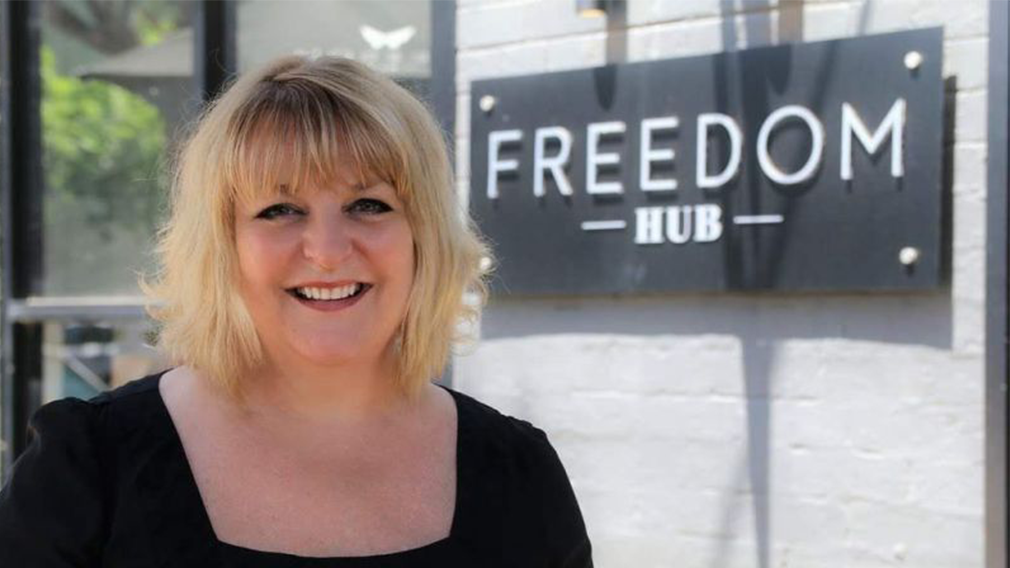Social enterprise support a must amid jobs crunch

As job losses rise, MinterEllison partner Keith Rovers says supporting social enterprises can support the most vulnerable. (Getty)
This week’s official job numbers are gut-wrenching.
The loss of almost 600,000 jobs last month – and many more expected – shows the real and painful economic and social impacts of the coronavirus on families across the country.
While it’s distressing to see anyone losing a job, it’s the vulnerable – those with disability, mental health issues or facing other forms of social exclusion – that particularly concern me given they already face the highest barriers to employment.
In my work, I see every day that’s it’s these people – who may have made their way out of poverty and into the workforce – who are more likely to remain unemployed for longer than others. They are also more likely to have no financial reserves or family support to draw on and to have more severe health problems and reduced life expectancy.
To support these people, it’s more critical than ever to continue to support the social enterprise sector, despite the substantial economic and financial difficulties many individuals and private enterprises face.
The growth and importance of social enterprises – businesses that trade to tackle major social or environmental problems – have accelerated in the past decade, providing a significant public benefit by filling gaps in existing charitable and government support.
Around 7000 of Australia’s estimated 20,000 social enterprises focus on creating jobs and providing supported pathways to the open labour market, employing more than 300,000 people, according to a recent report by The Centre for Social Impact Swinburne and Westpac Foundation.
Most of these social enterprises are small businesses themselves and if they fail, chances are many of society’s most vulnerable will fall through the cracks. We will also see new cohorts of vulnerable people emerge as a result of the pandemic and so the need for such models is becoming even more critical.
Like other mainstream business models, social enterprises have been drastically challenged by the one-in-100-year COVID19 storm. In fact, their difficulties are often exacerbated by scarce financial and human capital resources and a heavy reliance on volunteers, grants and philanthropy (notwithstanding some may be able to access government stimulus packages).
While some social enterprises are bunkering down with the hope – but not the certainty – of re-emerging on the other side, others showing remarkable agility to transform and pivot.
For example, The Bread & Butter Project, a social enterprise bakery that employs and trains refugees that I work closely with, has fended off closure as orders from cafés plummeted by reaching a new commercial agreement with Woolworths and Harris Farm to stock products, enabling them to not only retain employees, but scale up. Similarly, Hotel Housekeeping which provides employment opportunities for refugee job seekers, has pivoted to aged care cleaning with the massive reduction in hotel occupancies.
Others are taking a system wide approach, for instance, a group of food-based social enterprises in Victoria have banded together on a pandemic food relief collaboration, called Moving Feast, to grow, cook and deliver meals to help the most vulnerable Victorians while keeping hundreds of staff employed and joining up other social enterprises to provide transport logistics. Other social enterprise organisations, like White Box Enterprises are pulling together low cost loan funds (with philanthropic and other funding) to support other social enterprises with financial capital to survive and adapt.
Aside from the nous, passion and resourcefulness of the management teams to make these swift transformations, another key to success has been their strong, long-term relationships with for-profit corporates and philanthropists, plus an ability to tap into pro-bono support across financial, legal, marketing and other forms of strategic advice.
Drawing on pro-bono expertise is often key to social enterprises, bringing access to much needed skills, capabilities and networks that would otherwise be out of reach.
But it should not be seen as a one-way street. ‘For-profits’ get a substantial amount from ‘for-purpose’ businesses too. At MinterEllison, we invest around 40,000 hours per year in pro bono legal support and many of our 2000 employees volunteer an array of skills and provide connections, which also diversifies and adds to their own experiences and capabilities.
In the very different looking post COVID-19 world, even greater collaboration between the private sector and social enterprises is vital if we are to make systemic changes to tackle wicked social problems. With roughly $US300 trillion in corporate wealth and only US$2 trillion in philanthropic hands globally, it is clear that philanthropy alone cannot address these issues and conventional business (and governments) need to step up.
MinterEllison has extended its long-term pro-bono partnership work with Westpac Foundation, Social Traders, the Social Impact Hub and others to form a new collaboration which aims to match social enterprises with skilled consultants from across corporate Australia who will volunteer relevant free support for around 4-6 hours per week for up to six months.


